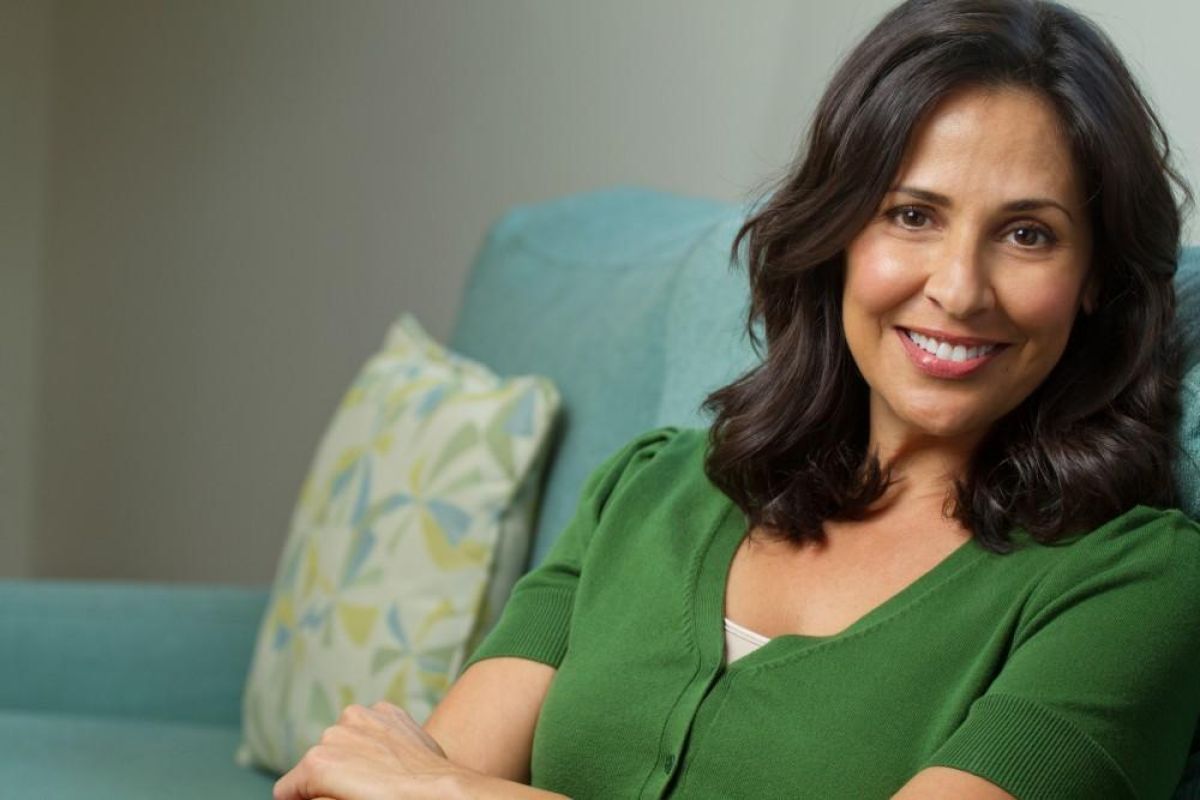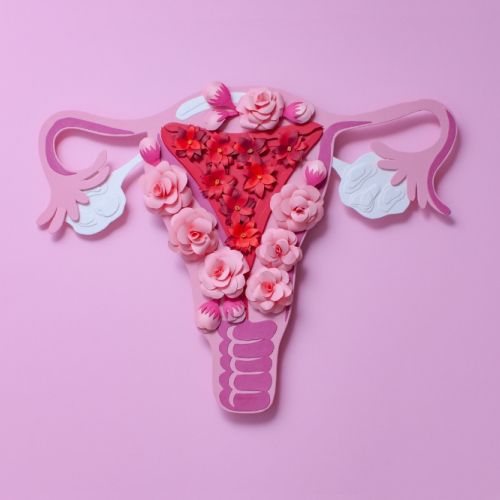Reproductive Options for Lesbian Couples and Single Women

If the only hurdle that stands between you and the family of your dreams is biology, the hurdle is relatively easy to overcome, especially with the right team by your side.
Here at the California Center for Reproductive Health, our reproductive experts help people of all orientations achieve their family-building dreams, including lesbian couples and single women. If you’d like to embark on motherhood, here’s a look at your reproductive options.
Finding the right match
In many respects, single women and lesbian couples have a far easier path to motherhood than gay couples or single men thanks to simple biological logistics. As the producer of the eggs and incubators of life, women have only one thing standing between them and motherhood: fertilization.
The key to this is sperm, and we have several ways to slide this missing piece of the puzzle into place. One of the easiest and most popular methods we offer is artificial insemination with donor sperm. We begin by evaluating your reproductive health, including your ovaries, your uterus, and your fallopian tubes, to ensure that everything is functioning properly.
Once we give you the green light, we point you in the right direction for finding the right sperm from a licensed sperm bank. Qualified banks offer several layers of protection, including mandatory testing for certain infectious and genetic diseases. From there, you’re able to screen for any number of attributes, including:
- Ethnic background
- Body type
- Eye and hair color
- Skin tone
You can even learn a little bit about the anonymous donor’s education, profession, and hobbies.
Once you settle on a choice, you purchase the frozen sperm, and we store it here at our center until the time is right for insemination. You may opt to do this according to your natural menstrual cycle, or we can administer ovulation-enhancing medications to increase your chances of success.
The insemination itself is quick and painless, often accomplished in minutes, and all you have to do is wait.
A direct line
Many lesbian couples and single women who come to us have a specific donor in mind. Since the direct donor’s sperm hasn’t undergone the rigorous screening that a sperm bank offers, we’ll need to perform that service, which takes a little time.
First, we collect a sample of your donor’s sperm to have it tested for infectious diseases. Then we need to wait six months to retest your donor, as many infections have longer incubation periods. Should both tests come back negative, we’re free to begin the insemination process.
If you’re not keen on waiting six months, there’s an alternative for directed sperm donation in which we screen your sperm donor within a week of each insemination.
Baby can wait
If you know you want to have children down the road, but you’re not quite ready, we offer several services that can improve your chances of building the family of your dreams in the future. This is especially useful if you’re looking to put off motherhood until you’re in your mid-to-late 30s or 40s because your eggs become increasingly less viable as you age.
To have access to your healthiest eggs, many women freeze them in a process called oocyte cryopreservation. To harvest your eggs, we stimulate your ovaries with hormone injections and then collect as many as eggs as you’d like. We then freeze and store the eggs for future use.
If you’ve found the sperm donor you want, but you’re still not ready for motherhood, we can also freeze your embryos. You go through the same egg collection process we described above, except we fertilize your eggs with the cleared sperm before we freeze them.
In both cases, when you’re ready for your journey to motherhood, we thaw the eggs or embryos, prep your body, (fertilize the egg, if necessary), and implant the embryo(s) into your uterus.
For single women and lesbian couples, the road to motherhood requires a few extra steps, but we’ll help you navigate them with ease. Simply give our Greater Los Angeles or West Hollywood, California, offices a call or use the online scheduling tool to set up a consultation.
Eliran Mor, MD
Reproductive Endocrinologist located in Encino, Valencia & West Hollywood, CA
FAQ
What does a reproductive endocrinologist and infertility specialist do?
Reproductive endocrinology and Infertility is a sub-specialty of Obstetrics and Gynecology. In addition to managing medical and surgical treatment of disorders of the female reproductive tract, reproductive endocrinologist and infertility (REI) specialists undergo additional years of training to provide fertility treatments using assisted reproductive technology (ART) such as in vitro fertilization.
Reproductive endocrinologists receive board certification by the American Board of Obstetrics and Gynecology in both Obstetrics and Gynecology and Reproductive Endocrinology and Infertility.
When should I see an REI specialist?
In general, patients should consider consulting with an REI specialist after one year of trying unsuccessfully to achieve pregnancy. The chance of conceiving every month is around 20%, therefore after a full year of trying approximately 15% of couples will still not have achieved a pregnancy.
However, if a woman is over the age of 35 it would be reasonable to see a fertility specialist earlier, typically after 6 months of trying.
Other candidates to seek earlier treatment are women who have irregular menses, endometriosis, fibroids, polycystic ovary syndrome (PCOS), women who have had 2 or more miscarriages, or problems with the fallopian tubes (prior ectopic pregnancy).
What are the reasons we are having trouble conceiving?
Approximately 1/3 of the time cause for infertility is a female factor, 1/3 of the time a male factor, and the remaining 1/3 a couples’ factor.
At CCRH, we emphasize the importance of establishing a correct diagnosis. Both partners undergo a comprehensive evaluation including a medical history and physical exam.
Furthremore, the woman’s ovarian reserve is assessed with a pelvic ultrasound and a hormonal profile. A hysterosalpingogram (HSG) will confirm fallopian tube patency and the uterine cavity is free of intracavitary lesions. A semen analysis is also obtained to evaluate for concentration, motility, and morphology of the sperm.
Additional work up is then individualized to direct the best possible treatment option for each couple.
What is IVF? What is the process like?
In vitro fertilization (IVF) is the process that involves fertilization of an egg outside of a woman’s body.
The process starts with fertility drugs prescribed to help stimulate egg development. In your natural cycle, your body is only able to grow one dominant egg, but with stimulation medication we can recruit multiple eggs to continue to grow. After about 8-10 days of stimulation, the eggs are surgically retrieved and then fertilized with sperm in a specialized laboratory. Fertilized eggs are then cultured under a strictly controlled environment within specialized incubators in the IVF laboratory for 3-5 days while they develop as embryos. Finally, embryos (or an embryo) are transferred into the uterine cavity for implantation.
Should I have IVF?
Before deciding if IVF is the right choice, it’s important to sit down with an REI specialist to discuss available treatment options. For some people, other methods such as fertility drugs, intrauterine insemination (IUI) may be the best first choice treatment. At CCRH, we believe each individual couple is unique and not everyone needs IVF.
Is the IVF procedure painful?
While not painful, the fertility medications may some side effects including headaches, hot flashes, mood swings, and bloating. The injection sites may also bruise.
Will IVF guarantee a baby?
Unfortunately, no. Many people think once they start IVF it’s a matter of time that they will be pregnant and have a baby. But according to national statistics per the Society of Assisted Reproduction (SART), on average 40% of assisted reproduction cycles achieve live births in women under age 35. The chances of success then continue to decrease with advancing age.
At CCRH, we employ only evidence-based interventions to ensure patient safety and optimal outcome. While we cannot guarantee a baby, we guarantee that you will receive the best, most advanced, personalized care to help you maximize your chance of a baby.
What is the success rate for IVF?
The average IVF success rate (success measured in live birth rate) using one’s own eggs begins to drop around age 35 and then rapidly after age 40. This is due to the decline in egg quantity and egg quality as a woman ages.
Our clinic’s success rate consistently beats the national average year after year.
Do insurance plans cover infertility treatment? How much does IVF cost?
Individual insurance plans often do not have any coverage for infertility treatments. If you have a group plan, you can call members services to see if they have coverage for infertility (including consultation/workup and IVF).
After your consultation with our REI specialist, one of our dedicated account managers with sit with you to go over the cost of treatment.




